Introduction
On April 18, 2024, a tragic helicopter crash in Elgeyo Marakwet County claimed the lives of ten individuals, including General Francis Ogolla, Kenya’s Chief of the Defence Forces (CDF). Nearly a year later, the Ministry of Defence released a summary report attributing the crash to engine failure. This article examines the legal implications of the delayed release of the report and the adequacy of its findings, particularly its failure to address whether General Ogolla’s death could have involved foul play. The extended delay and the narrow conclusion focusing solely on mechanical malfunction raise serious concerns about transparency, accountability, and public confidence in the investigation.

Legal Concerns Over Delayed Reporting
The Defence Forces Standing Orders (First Edition, 2015) mandate prompt investigations to preserve evidence and ensure accountability. Although no strict deadline is outlined, a year-long delay raises issues under Article 47 of the Constitution of Kenya, which guarantees the right to fair and timely administrative action. The Public Officer Ethics Act and the general principles of good governance also call for transparency and prompt communication, especially when the incident involves a high-ranking state official whose death has national significance.
Scrutiny of the Investigation’s Scope
The report concludes that the crash was caused by a compressor stall, a type of engine failure that led to loss of power. It includes information on weather conditions, pilot qualifications, and technical assessments, ruling out human error and adverse weather. However, it does not explore other possible causes, such as sabotage or external interference, despite the fact that General Ogolla was a central figure in major security operations and may have been a potential target. While the Civil Aviation Act exempts military aircraft from certain regulatory requirements, internal military procedures and the Constitution still require investigations to be thorough and transparent. Article 232 of the Constitution emphasizes the need for accountability and responsiveness in public service. Ignoring the possibility of foul play, especially in such a sensitive case, may fall short of these standards. Standard

Broader Implications and Recommendations
The delayed release of the helicopter crash report and its narrow focus raise serious legal and ethical concerns. The year-long delay appears inconsistent with constitutional requirements for timely and fair administrative action, undermining public confidence and fueling speculation. While the technical explanation of engine failure is supported by the evidence presented, the investigation’s failure to consider other potential causes, especially in the death of a senior military leader, falls short of the standards expected in such cases. This has the potential to erode trust in public institutions and may be seen as an attempt to avoid full accountability. The Star
Conclusion
The tragic loss of General Francis Ogolla and his colleagues underscores the need for transparent and comprehensive investigations into incidents involving high-ranking officials. To restore public trust, it is imperative that future inquiries are conducted promptly, consider all plausible causes, and communicate findings transparently. Engaging independent experts and ensuring oversight can further enhance the credibility of such investigations.


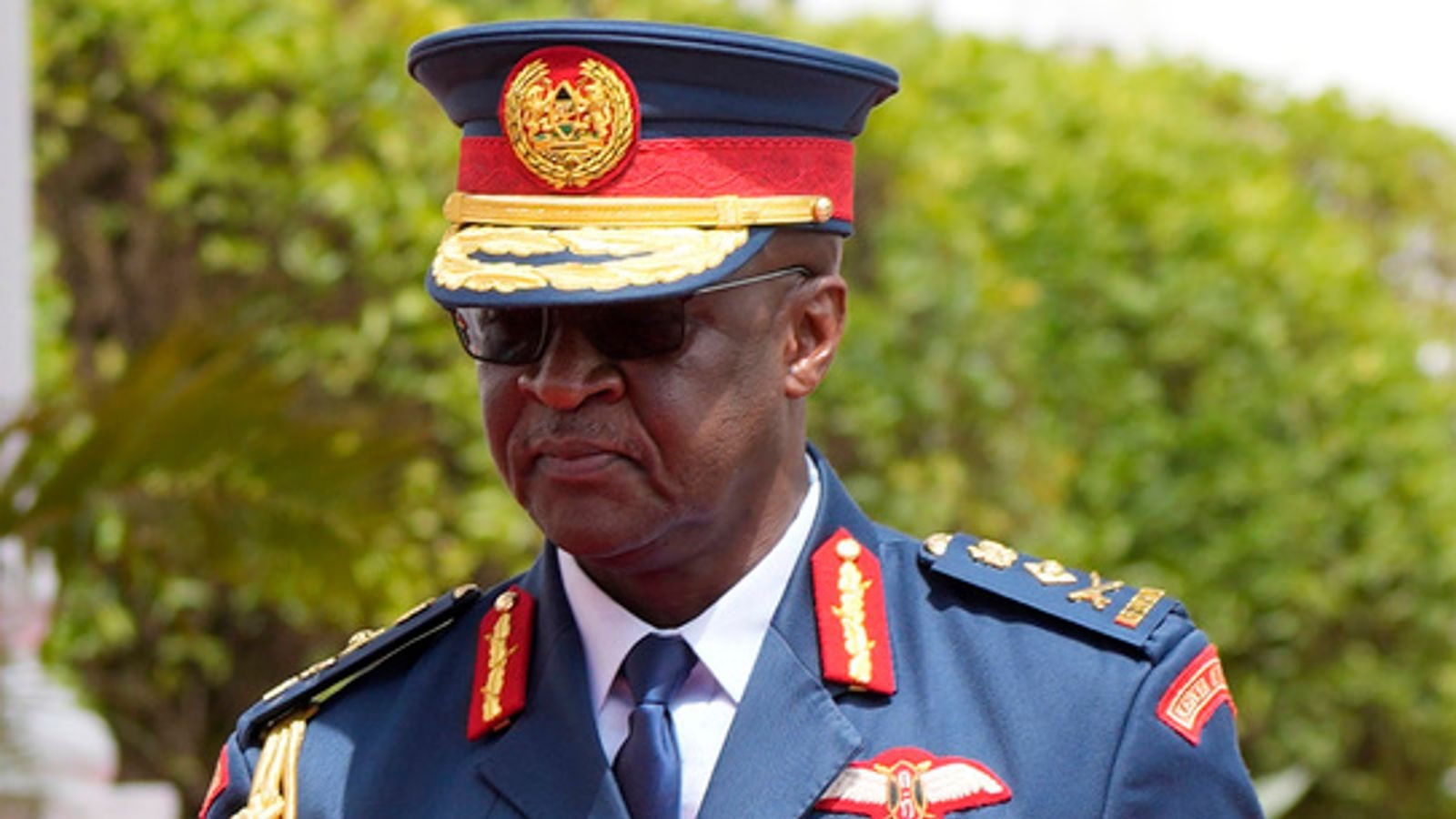
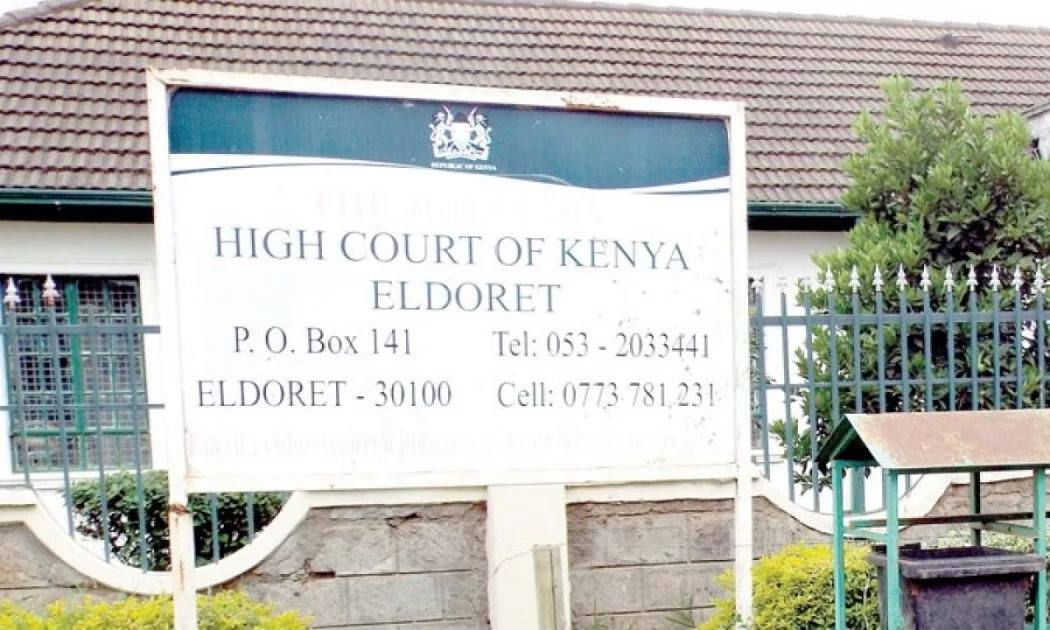


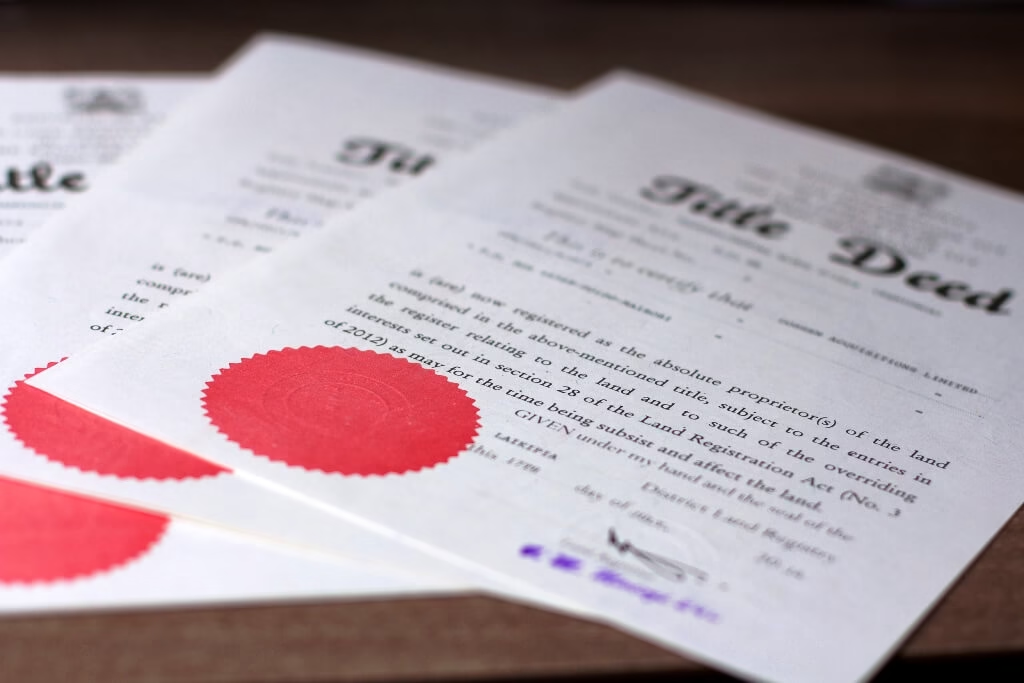
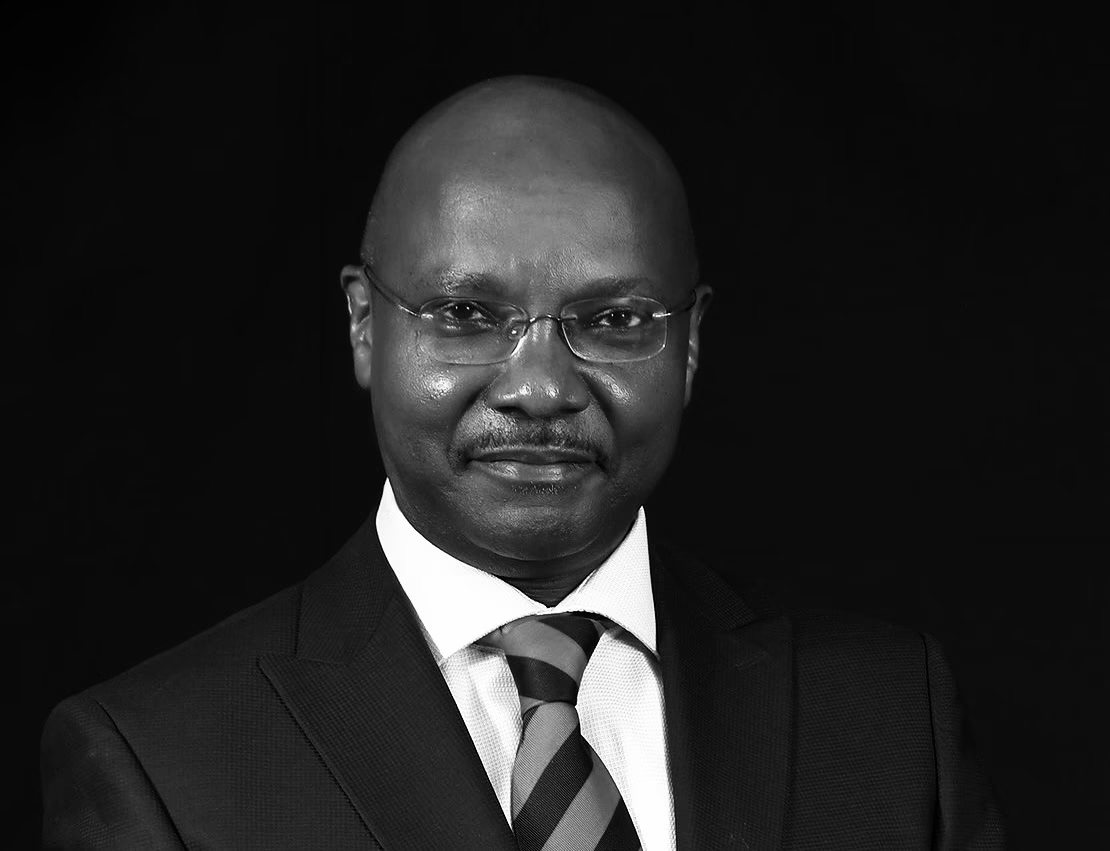
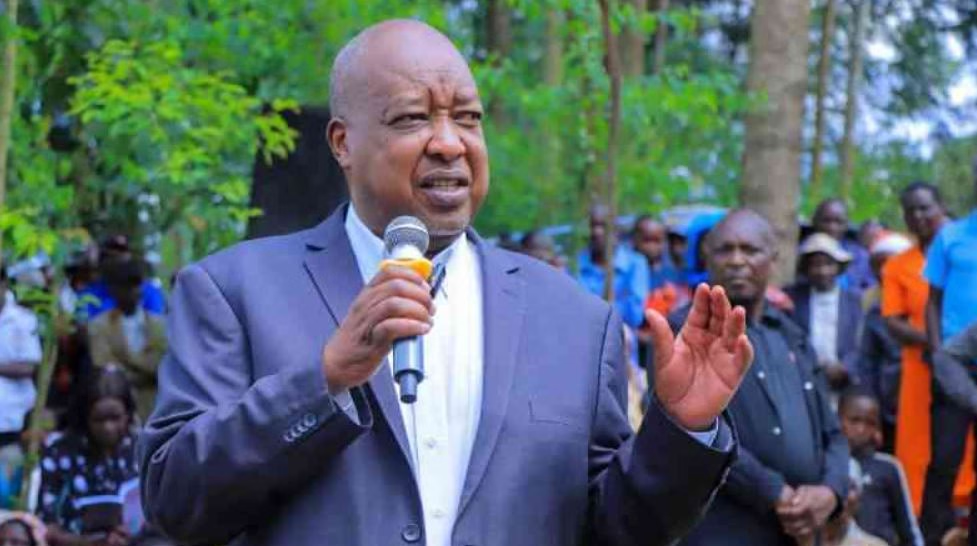
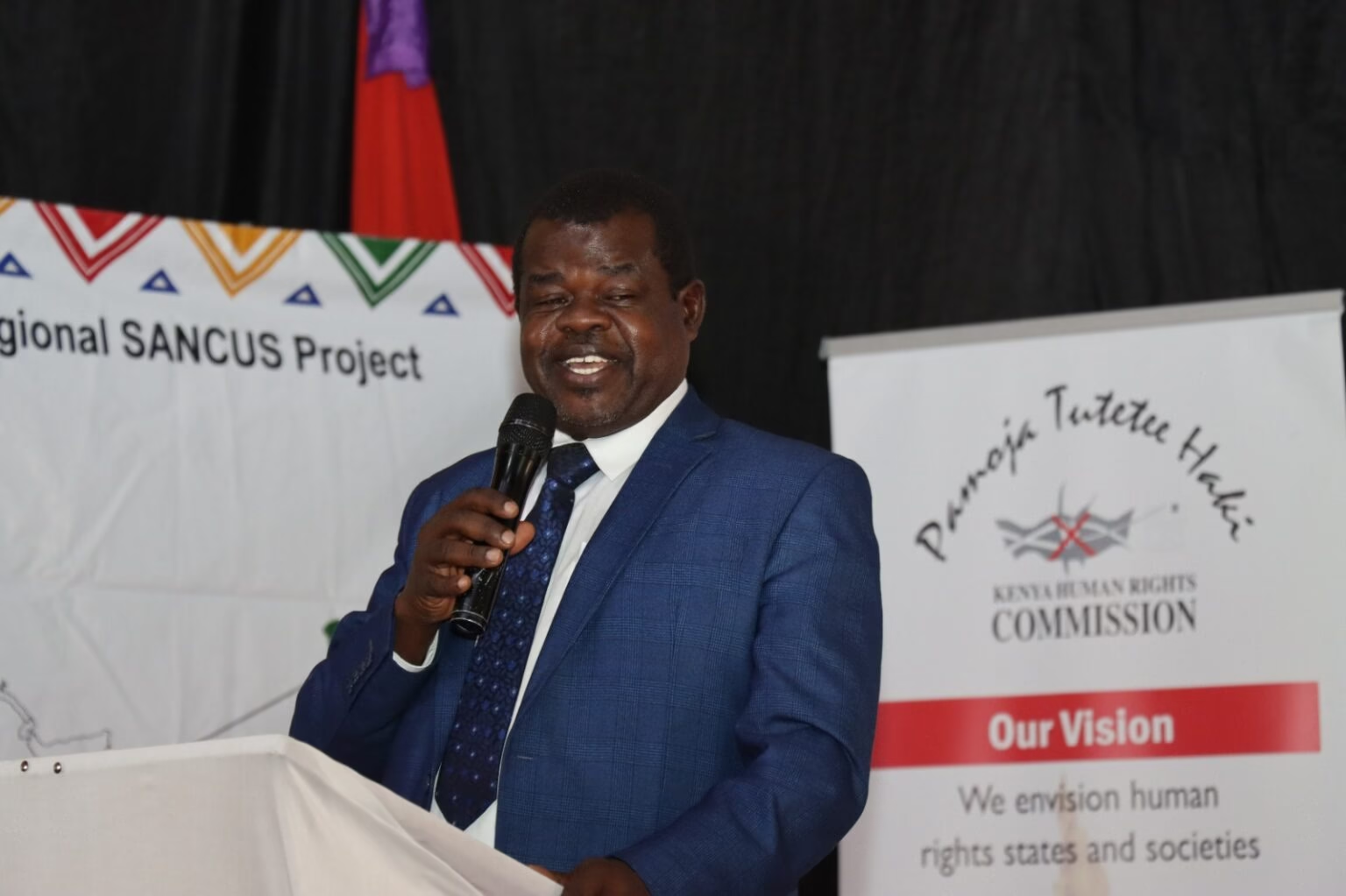
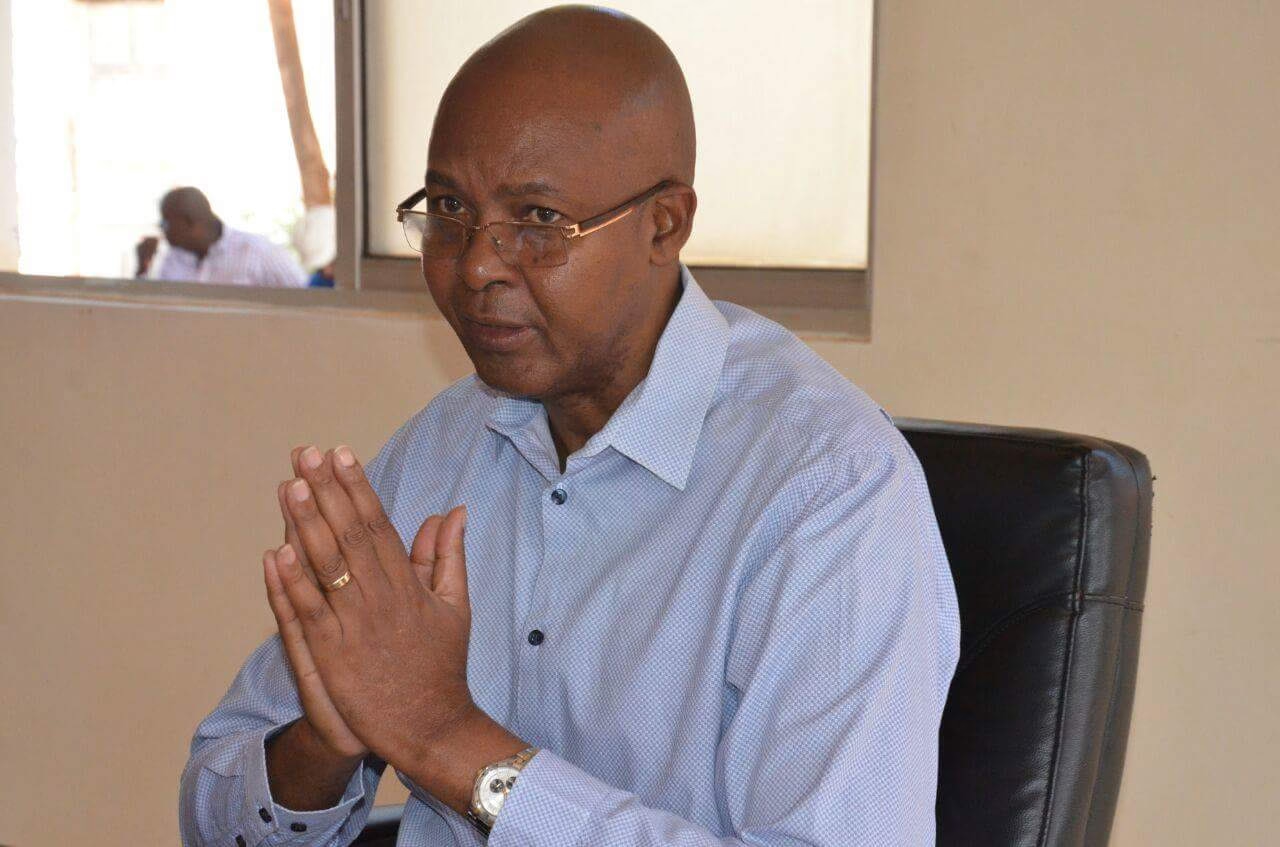
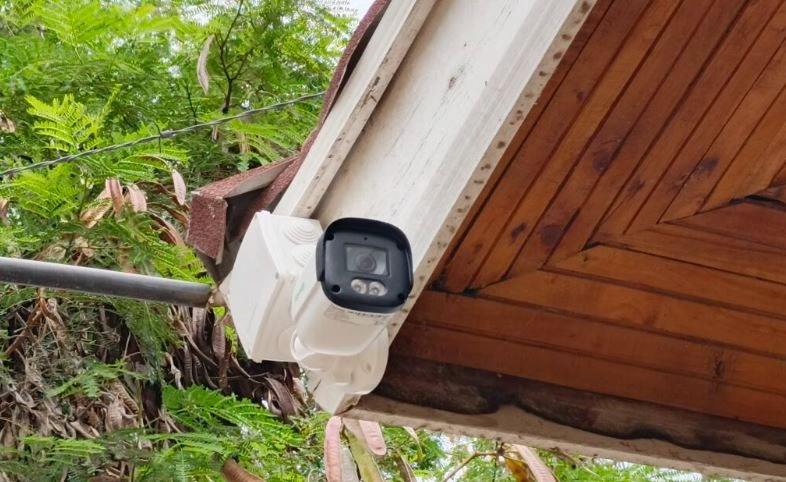

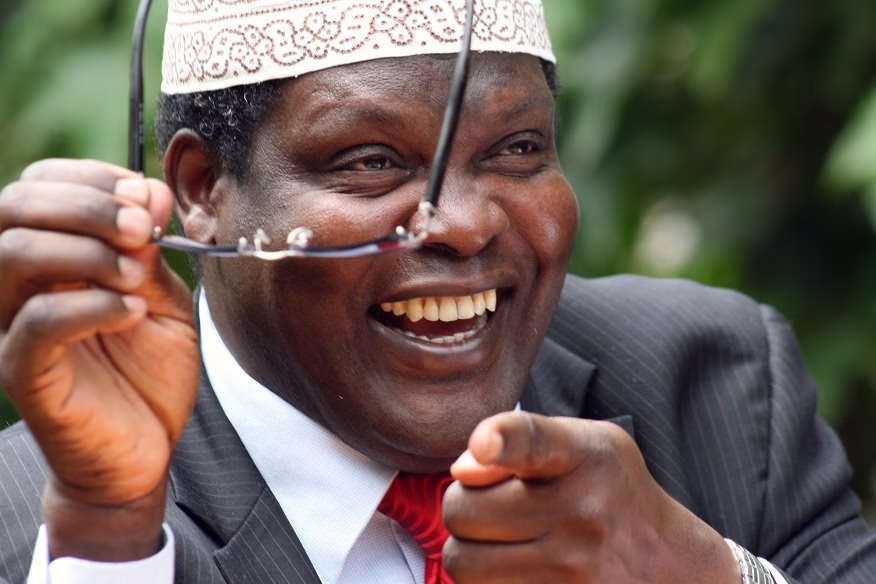


Leave a Reply